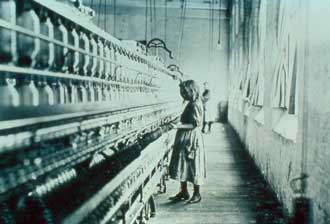 Foxconn has confirmed that it is pressing ahead with its plan to replace its increasingly tricky staff with robots.
Foxconn has confirmed that it is pressing ahead with its plan to replace its increasingly tricky staff with robots.
After all, robots will always work, and will not get depressed, kill themselves, or moan to western news media that they are being exploited.
CEO Terry Gou who once famously described his staff as animals, and he was the zoo keeper said that in three years, Foxconn will probably use robots and automation to complete 70 percent of its assembly line work.
Previously Gou said he hoped to one day deploy a ”robot army” at the company’s factories, as a way to offset labor costs and improve manufacturing.
This will be great news for Apple, which is Foxconn’s biggest customer, and found that its image was a little tarnished by the fact that its main supplier was installing nets to catch people who threw themselves off buildings.
Labour watchdog groups have complained that Foxconn workers have in the past faced long hours and harsh treatment from management.
Last year, Gou said that the company already had a fully automated factory in the Chinese city of Chengdu that can run 24 hours a day with the lights off.
Gou declined to say more about the factory, or what it produced, but Foxconn has been adding 30,000 industrial robots to its facilities each year, he said in June.
Gou said his company needed to adopt more automation, due to the potential for labor shortages. Young people won’t do this kind of work, and won’t enter the factories, he moaned.









